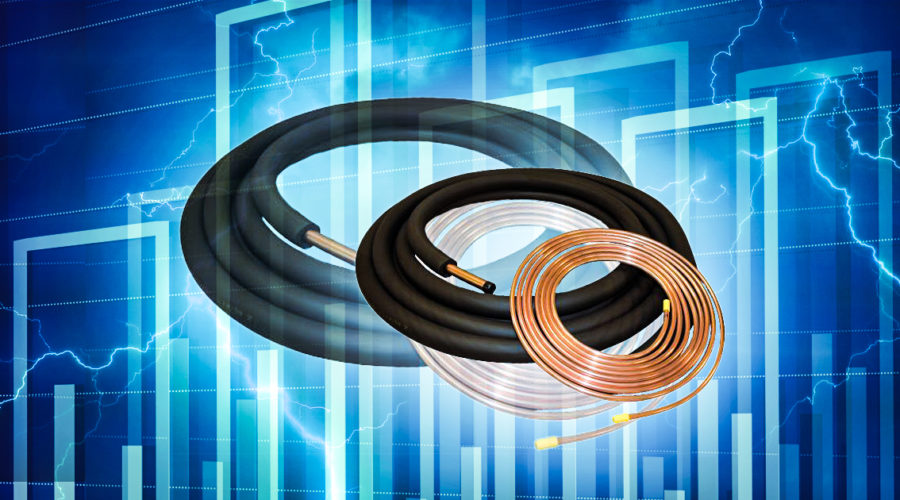What is a T1 Line and How Fast is T1 Internet?
A T1 line is a communications transmission service that uses 2 twisted pair copper wires to transmit and receive data or voice traffic. This early form of data connectivity was developed by the Bell System to bring data connectivity to the vast majority of businesses.
A T1 line can transmit data at a speed of 1.544 Mbps. Compared to standard telephone lines that used a modem to transfer voice and data at a mere 56 kbps, the T1 was an important step forward in delivering higher speed connections. T1 service for small business is still utilized today for high-speed data transmission, internet access and voice, depending on the type of T1 and the configuration.
T1s can be provisioned as channelized or unchannelized service. In channelized T1s, bandwidth is segmented into 24 channels. Each channel has a capacity of 64 Kbps. 23 of these channels can support 23 simultaneous voice calls. The 24th channel is reserved for signaling information such as caller ID.
What are Integrated T1 lines?
An integrated T1 was created to carry both voice and data traffic simultaneously. Some businesses like the convenience of an integrated T1 since both voice and data services are consolidated with one provider. The convenience of an integrated circuit however, comes with a price. By sharing the connection for both voice and data applications, the effective speed of the connection drops meaningfully since channels are specifically allocated for either voice or data.
What is a Data T1 Line?
A Data T1 line is also called T1 Internet. This circuit is an unchannelized T1. It is configured to transport data only. Because it uses its full capacity for data traffic, 1.544 Mbps is consistently achieved. Typical data passed on Data T1s is internet access, point-to-point data or VoIP (Voice over Internet Protocol).
When businesses require more bandwidth than a single T1 can provide, T1 lines are bonded together so they function as a single circuit. Two T1 lines, for instance can deliver 3.0 Mbps, four T1 lines deliver 6.0 Mbps, and so on.
So Why Do Businesses Choose T1 Lines Today?
T1 lines have been a stable business offering of phone companies for decades. T1s are a “comfortable” service. T1 pricing is about $200 per month per line, depending on your location and carrier. Unlike years passed, there are many T1 alternatives that provide more affordably-priced bandwidth in conjunction with better performance and more flexibility.
Advantages of Scalable Internet Options Like Fiber and Fixed Wireless
Consider the company that determines 5 Mbps is the right size bandwidth for its needs. Utilizing T1 lines, the IT manager can choose 4.5 Mbps (3 bonded T1s) or 6.0 Mbps (4 bonded T1s). Since companies typically do not want to under-subscribe their bandwidth, most will get 4 bonded T1s, and pay extra for un-needed bandwidth. They will also need bonding equipment such as a managed router for the Ethernet hand-off.
Some carriers will provide the additional equipment. But as T1 providers strive to keep costs down to better compete with the vast array of T1 alternatives, performance may be lackluster. It’s fairly common for a port to go out, resulting in fewer operating T1 lines and less throughput.
If you prefer more efficient, high capacity communications, then explore both fixed wireless and fiber internet. Both options deliver dedicated bandwidth that is easily scalable to 1Gbps or more.
One Ring Networks has created a suite of voice and data services to meet the modern needs of successful business operations in Arizona, California, Georgia, Maryland and Texas. From enterprise organizations to small business and government to healthcare, our team will customize a solution that best meets your business needs. Contact our team at 855-663-7464 or sales@oneringnetworks.com to learn more.




21 Comments
Leave your reply.